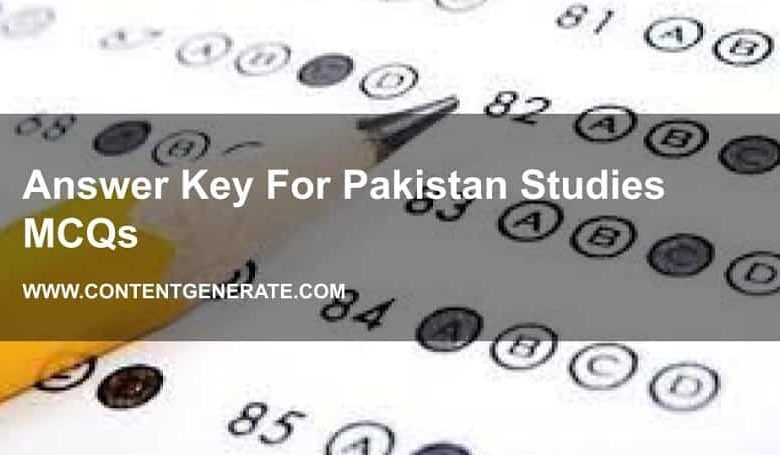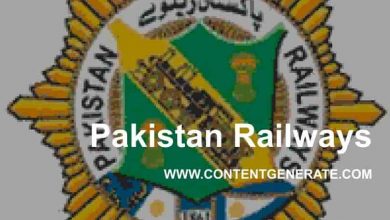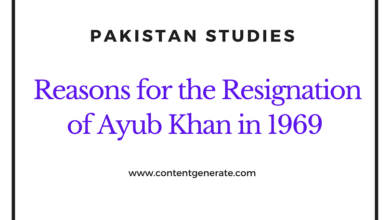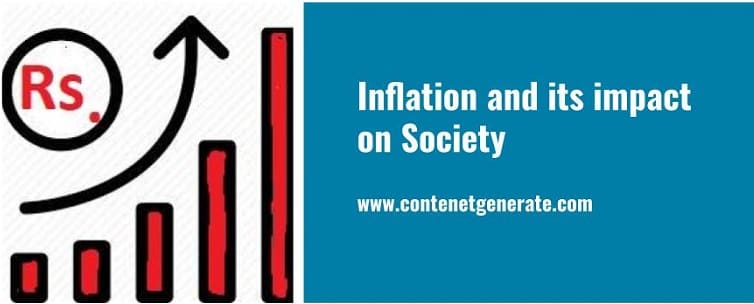
Following are 26 Pakistan Studies MCQs developed to assess student learning about the political history of Pakistan. Attempt the items and match your answer with the answer provided in a link at the end.
Here you go,
1. Having enough military power to defend against any armed attack from another country is called;
A. Balance of payment
B. Balance of power
C. Balance of trade
D. Balanced foreign policy
2. Which of the following options was one of the reasons for the delay in the constitution-making of Pakistan
A. Representation in the central assembly
B. Passage of Objectives Resolution 1949
C. Both Urdu and Bengali as the national language
D. Government of India Act 1935 fulfilled the constitutional needs of Pakistan.
3. Which of the following decisions led to the increasing influence of bureaucracy on the politics of Pakistan in its formative phase (1947-1958)?
A. Appointment of Ghulam Muhammad as Governor-General
B. Appointment of Ayub Khan as Defense Minister in 1953
C. Dissolution of constituent Assembly 1954 by Ghulam Muhammad
D. 1955 Supreme verdict on dismissal of the Constituent Assembly.
4. How many Prime Ministers were dismissed from 1955 to 1958 by President, Sikandar Mirza?
A. 1
B. 3
C. 5
D. 7
5. The term “military coup” refers to;
A. Takeover of Government by elected representatives
B. Takeover of Government by bureaucracy
C. Takeover of Government by armed forces
D. Takeover of power by people in a revolution
6. Ayub Khan introduced land reforms for efficient agricultural practices in the country. Who benefited most from these reforms?
A. Refugees
B. Landlords with huge landing
C. Peasants and tenants working on feudal lands
D. Businessmen, bureaucrats, and army personnel.
7. Which of the following acts of Ayub Khan were fiercely opposed by religious groups in Pakistan?
A. Educational reforms
B. Introduction of family laws
C. Violation of fundamental rights
D. Rigging in 1965 presidential election
8. Which one of the following options was part of Shaikh Mujib’s Six Points?
A. A common army
B. A common financial policy
C. A common currency of both wings of Pakistan
D. Direct elections for central Assembly
9. Which political party won majority seats in the 1970 elections for the national assembly of Pakistan?
A. Jamat e Islami
B. Muslim League
C. Awami League
D. Pakistan People’s Party
10. The 1956 constitution of Pakistan provided the One-Unit Scheme, according to which the four provinces of West Pakistan were merged into one province.
This scheme was later abolished by
A. Zulfiqar Ali Bhutto.
B. General Ayub Khan.
C. General Yahya Khan.
D. President Sikandar Mirza.
11. Who was appointed as the first civilian Chief Martial Law Administrator in Pakistan?
A. Imran Khan
B. Nawaz Sharif
C. Benazir Bhutto
D. Zulfiqar Ali Bhutto
12. One of the reasons for tension between East and West Pakistan was;
A. Rigging in 1965 elections.
B. Dictatorial rule of Ayub Khan.
C. Ban on political parties in the rule of Ayub.
D. Underrepresentation of Bengalis in administration.
13. Simla Agreement signed in 1972 between Indira Gandhi and Zulfiqar Ali Bhutto in asked for
A. UN mediation over Kashmir issue.
B. Bilateral dialogue over Kashmir issue.
C. Inclusion of Kashmiris in the dialogue.
D. Conversion of Cease Fire Line into an international border.
14. Pakistan National Alliance (PNA) launched country-wide agitation against Zulfiqar Ali Bhutto in the aftermath of the 1977 elections for the National Assembly? What attempt Bhutto did make to appease religious parties?
A. Nationalized industries.
B. Restricted the sale of alcohol.
C. Declared Qadayanis non-Muslims.
d. Included Objective Resolution as the preamble of the constitution.
15. Which of the following reforms was introduced by Zulfiqar Ali Bhutto during his tenure, 1972-77?
A. Secularism.
B. Islamization.
C. Nationalization.
D. Privatization.
16. Fatima Jinnah contested presidential elections against;
A. Sikandar Mirza.
B. Ghulam Muhammad.
C. Ayub Khan.
D. Yahya Khan.
17. The reform that former prime minister of Pakistan, Benazir Bhutto, had introduced during his tenure in the mid-1990s was
A. privatization.
B. Rural electrification.
C. Male empowerment.
D. Developed transportation.
18. Who among the following rulers made special efforts to develop the transportation system in Pakistan?
A. Nawaz Sharif.
B. Benazir.
C. Yousuf Raza Gillani.
D. Zia Ul Haq.
19. Who conducted the nuclear test in Pakistan?
A. Musharaf.
B. Nawaz Sharif.
C. Benazir.
D. Zia ul Haq.
20. One of the following options was a benefit of the nationalization process during Bhutto regimes during 1972-1977?
A. Foreign investment increased.
B. Buying power of people increased.
C. Market competition among different companies enhanced.
D. Industries did not close in face of a global economic recession.
21. The term “empowerment” refers to;
A. Having control over others lives
B. Being too dependent on others
C. Making choices about one’s own life
D. Being controlled by others in decision making.
22. The National Assembly of Pakistan can make changes in the constitution with a two-thirds majority. The process of making changes in the constitution is called;
A. Enforcement of an act.
B. Abrogation of constitution
C. Promulgation of the constitution
D. Amendment in the constitution.
23. Changing of laws, regulations, or customs as part of land reforms were introduced by;
A. Ayub Khan and Zia ul Haq
B. Zia ul Haq and Zulfiqar Ali Bhutto
C. Ayub Khan and Zulfiqar Ali Bhutto
D. Zulfiqar Ali Bhutto and Pervez Musharaf.
24. Which country apart from India had an indirect role in the disintegration of Pakistan in 1971?
A. USA
B. England
C. USSR
D. France
25. What was the immediate reason for the Pakistan National Alliance (PNA) to agitate in the aftermath of the 1977 elections against the Bhutto Government?
A. Bhutto’s Land reforms
B. Nationalization
C. Privatization
D. Alleged rigging in the election
26. Constitutional amendment 58(2) B provided______to dismiss national assembly.
A. President
B. Army Chief
C. Prime Minister
D. Speaker of National Assembly
Thank you for attempting the items. To match your responses with the answer key, click here





Answers of all the questions
Thank you Saba for attempting the test. Please go to the answer key from the link given below:
https://contentgenerate.com/answer-key-mcqs-paksitan-studies-contenetgenerate/
Find the answer key here https://contentgenerate.com/answer-key-mcqs-paksitan-studies-contenetgenerate/